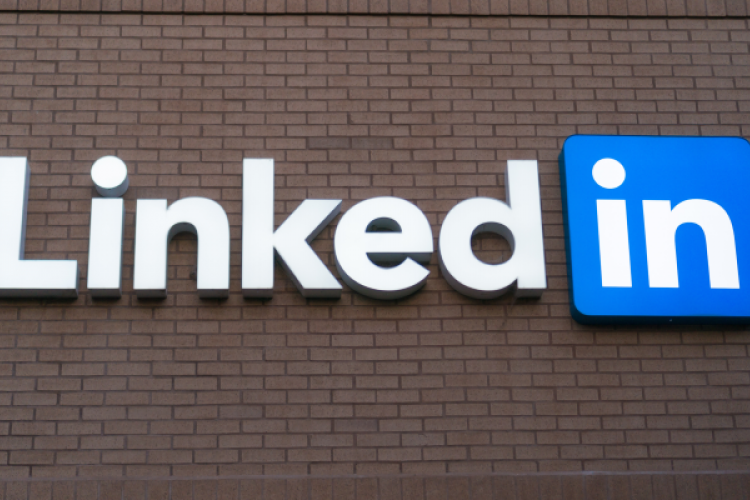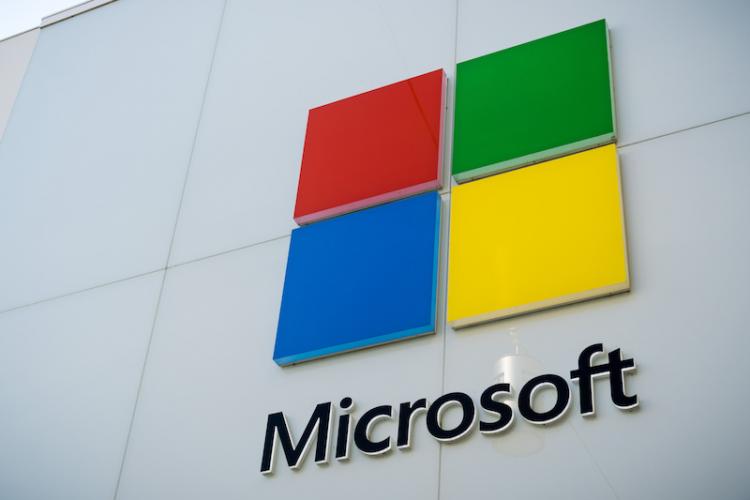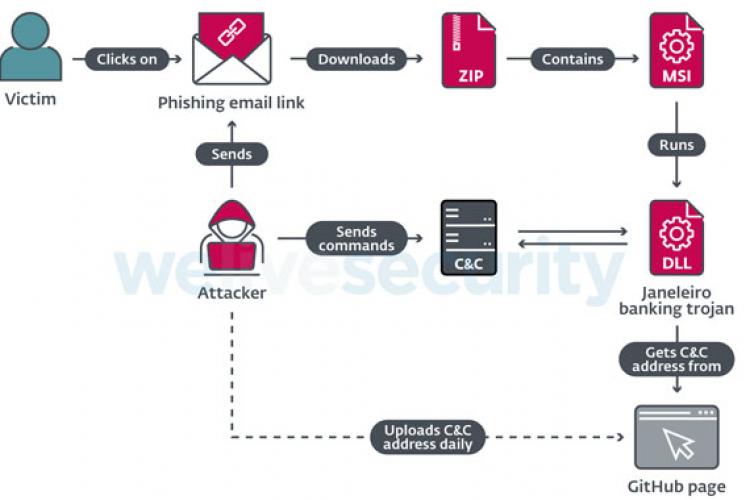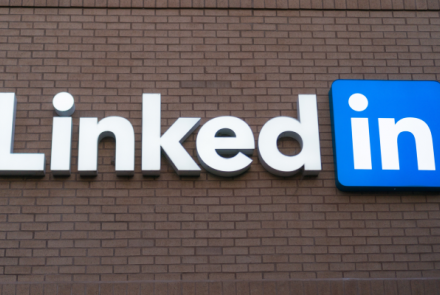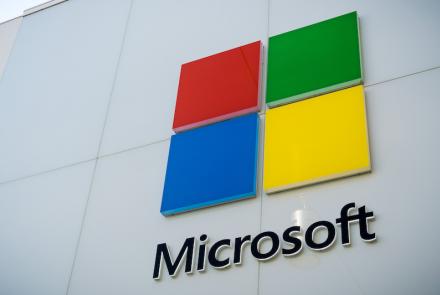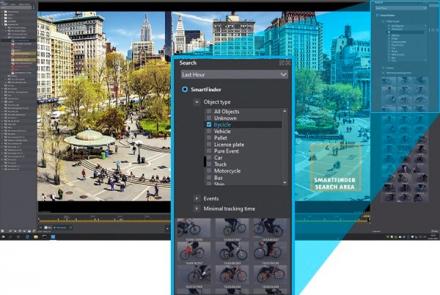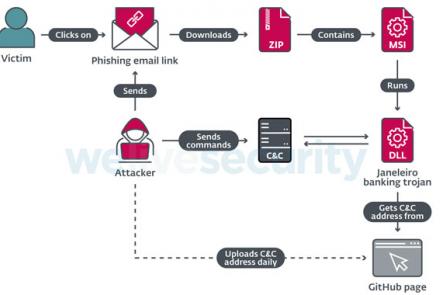After 500 million LinkedIn enthusiasts were affected in a data-scraping incident in April, it’s happened again – with big security ramifications.
A new posting with 700 million LinkedIn records has appeared on a popular hacker forum, according to researchers.
Analysts from Privacy Sharks stumbled across the data put up for sale on RaidForums by a hacker calling himself “GOD User TomLiner.” The advertisement, posted June 22, claims that 700 million records are included in the cache, and included a sample of 1 million records as “proof.”
American IT companies and government have been targeted by the Nobelium state-sponsored group.
The same group behind the SolarWinds supply-chain attacks has been targeting Microsoft’s corporate networks to gain access to specific organizations — primarily, U.S.-based IT and government organizations.
Researchers on Tuesday revealed details of a new banking trojan targeting corporate users in Brazil at least since 2019 across various sectors such as engineering, healthcare, retail, manufacturing, finance, transportation, and government.
New details of negotiation between attackers and officials from Broward County Public Schools emerge after a ransomware attack early last month.
UPDATE
The Conti Gang has demanded a $40 million ransom from a Fort Lauderdale, Fla., school district after a ransomware attack last month. Attackers stole personal information from students and teachers, disrupted the district’s networks, and caused some services to be unavailable.
Saryu Nayyar, CEO at Gurucul, discusses the new Cold War and the potential for a cyberattack to prompt military action.
The Cold War concept isn’t outdated. In the decades since the fall of the Soviet Union, the battleground has simply shifted from conflicts between ideological proxy governments to cyberspace. And the opponents have grown from a few primary nations into a broad range of sovereign threat actors.
The wormable malware spread from Android to Android by sending messages offering free Netflix Premium for 60 days.
Malware disguised as a Netflix app, lurking on the Google Play store, spread through WhatsApp messages, researchers have discovered.
According to a Check Point Research analysis released on Wednesday, the malware masqueraded as an app called “FlixOnline,” which advertised via WhatsApp messages promising “2 Months of Netflix Premium Free Anywhere in the World for 60 days.” But once installed, the malware sets about stealing data and credentials.


